Key Specs
Since many of our users are going to want to run different OSes on this, we wanted to give some of the key hardware specs. There is a lot on these machines that are customizable, but this at least gives you some sense of what hardware is available. If you want to know if your hardware is compatible with your OS, this list should help do that tie-out.
CPU Support
Here are the officially supported CPUs for the unit:
- Intel Celeron G3900T (2 Core/ 2 MB/ 2T/ 2.6GHz)
- Intel Celeron G3930T (2 Core/ 2 MB/ 2T/ 2.7GHz)
- Intel Pentium G4400T (2 Core/ 3 MB/ 2T/ 2.9GHz)
- Intel Pentium G4500T (2 Core/ 3 MB/ 2T/ 3.0GHz)
- Intel Pentium G4560T (2 Core/ 3 MB/ 4T/ 2.9GHz)
- Intel Core i3-6100T (2 Core/ 3 MB/ 4T/ 3.2GHz)
- Intel Core i5-6400T (4 Core/ 6 MB/ 4T/ 2.2GHz)
- Intel Core i5-6500T (4 Core/ 6 MB/ 4T/ 2.5GHz)
- Intel Core i3-7100T (2 Core/ 3 MB/ 4T/ 3.4GHz)
- Intel Core i5-7300T (2 Core/ 4 MB/ 4T/ 3.5GHz)
- Intel Core i5-7400T (4 Core/ 6 MB/ 4T/ 2.7GHz)
- Intel Core i5-7500T (4 Core/ 6 MB/ 4T/ 2.8GHz)
If you are looking for Intel HD 630 graphics, you will want the 7th generation Intel Core series parts. Also, we did not see Core i7 parts mentioned on the Dell manual.
RAM Support
- Up to 32GB in 2x DDR4-2400 SODIMMs
Storage Support
- 2.5″ SATA with Bracket
- M.2 PCIe Gen3 for NVMe SSDs
Networking (Wired)
- Realtek RTL8111
WiFi Support (Optional)
- Intel Dual Band Wireless-AC 3165, Wi-Fi + Bluetooth 4.1 combo adapter, 1×1
- Intel Dual Band Wireless-AC 8265, Wi-Fi + Bluetooth 4.1 combo adapter, 2×2
Chipset
- Intel B250 PCH
USB Ports
- 2x USB 3.1 Gen1 Front (2x Type-A)
- 4x USB 3.1 Gen1 Rear (4x Type-A)
OSes From Factory
- Windows 7 Professional (32/64-bit) only on 6th gen Core systems
- Windows 10 Home (64-bit)
- Windows 10 Pro (64-bit)
- Ubuntu 16.04 LTS
- Neokylin V6.0
The OS section can be a big deal. Sometimes the units are advertised as supporting Windows 10, but one gets a Windows 10 Home license. If you want to, or may want to, run Windows 10 Pro, knowing exactly which OS is on the device is ultra-important. Although it did not come with Linux, we had our system running Proxmox VE as a Linux virtualization node.
Also, since the chipset does not support vPro, we do not get the functionality even if the CPU includes vPro support. You will want to move higher to the 7000 series for vPro.
Note: These systems sometimes change specs mid-generation. If you find another spec sheet with items you think we should add, please let us know in the comments.
Next, we are going to look at the performance and power consumption before getting to our final words.
Dell OptiPlex 3050 Micro Performance and Power Consumption
Instead of going through the entire Linux-Bench test suite, we are going to show a few performance and power numbers here to give a general sense of performance. We actually planned to do storage testing, but then we realized that there was a huge variability in terms of what drives could be found in machines.
Python Linux 4.4.2 Kernel Compile Benchmark
This is one of the most requested benchmarks for STH over the past few years. The task was simple, we have a standard configuration file, the Linux 4.4.2 kernel from kernel.org, and make the standard auto-generated configuration utilizing every thread in the system. We are expressing results in terms of compiles per hour to make the results easier to read:
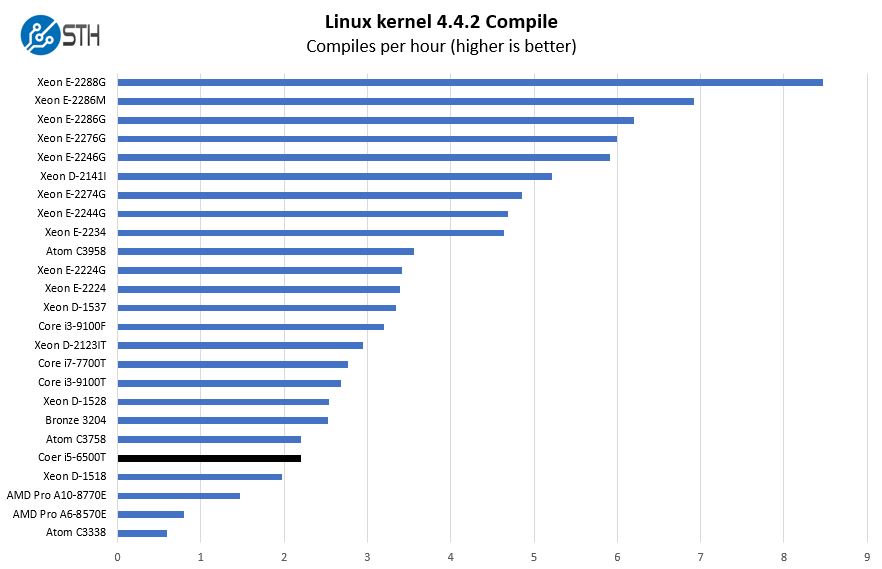
Here we can see that the Core i5-6500T is a solid chip. The performance is much higher than lower-power embedded chips with similar core counts.
7-zip Compression Performance
7-zip is a widely used compression/ decompression program that works cross-platform. We started using the program during our early days with Windows testing. It is now part of Linux-Bench.
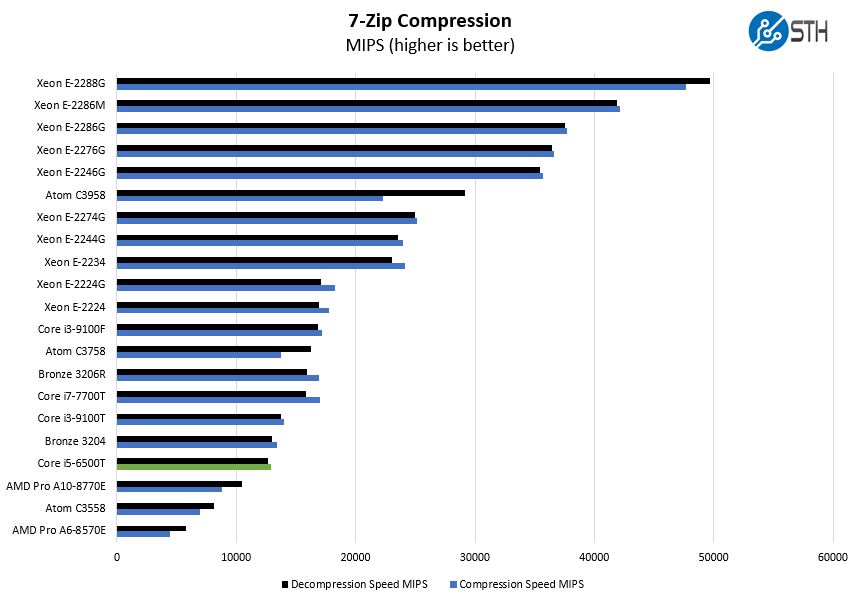
Something we wanted to note here is that the upgrade from the Core i5-6500T to the Core i5-7500T did not involve new core counts. Instead, this was mostly a clock-speed change. One major difference is that the newer “Kaby Lake” Intel architecture has beyond speeds is a move from the Intel HD 530 to the HD 630 graphics. This means we go from h265 8-bit to h265 10-bit support as an example. This may not be relevant to all, but we wanted to simply point out that it is present even if the traditional CPU performance metrics do not show this as clearly.
OpenSSL Performance
OpenSSL is widely used to secure communications between servers. This is an important protocol in many server stacks. We first look at our sign tests:
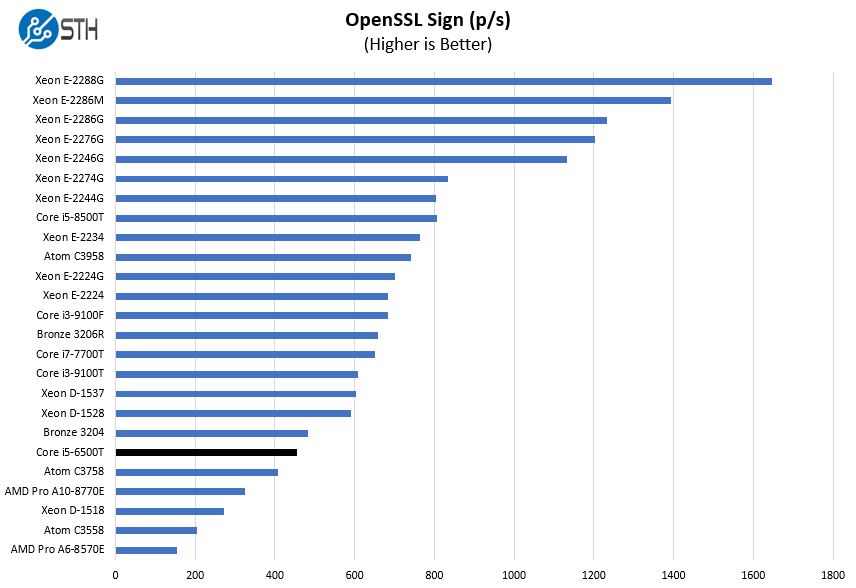
Here are the verify results:
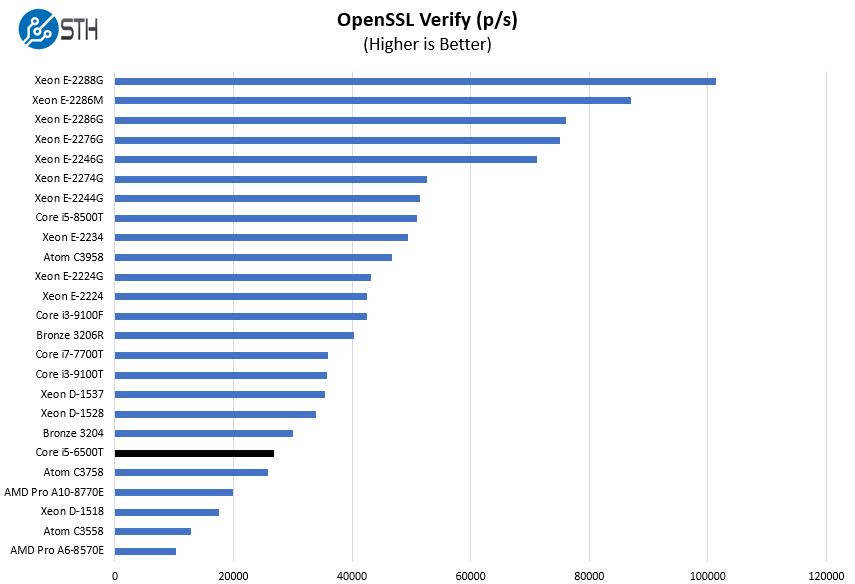
Here we wanted to focus on the Core i3-9100T. We purchased the Project TMM Dell OptiPlex 3070 Micro direct from Dell with the Core i3-9100T. That is generally significantly faster than the Core i5-6500T. Without vPro support in the 3000 series platform, we lose one of the main benefits of getting an older Core i5 versus a newer Core i3. Our sense after testing both is that the Core i3-9100T, despite the fact it may sound inferior as a “i3” versus this “i5” it was a better value. Also, the newer Dell platform has some nice upgrades.
Next, we are going to discuss power consumption before getting to our final words.

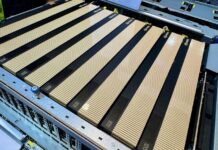
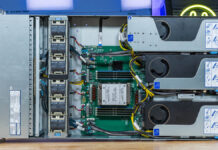
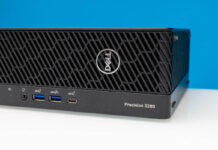
Are you planning on looking at https://www.dell.com/en-us/work/shop/cty/pdp/spd/wyse-7040-thin-client or similar Wyse terminal? Basically a Dell 7040m but a big plus for homelabbers is that they can be had with additional SFP port. I have two add-in SFP modules if you can’t find any around.
Do you, by any chance, have 2x 32GB DDR4 you could test in the 3050? I have a 3050 laying around and I’m curious. I don’t have the money for 64GB RAM in such a machine, but I’m asking purely out of curiousity.
Got one of these quite cheap off of a local buy/sell website.
Came with a cheap SSD, 8GB of RAM and i5-7500T, but no WiFi.
Can confirm that 7th gen i7-7700t works like a charm!
Had to enable Hyperthreading in BIOS as it was disabled by default on mine.
I’ve also added 2x16GB of RAM, a 480GB A400 SSD, and a 500GB NVMe-drive.
Next up is attempting to add one of the newer WiFi6/Bluetooth Intel-cards.
I love the little thing!
Hi LA,
Did you install some of the newer WiFi6/Bluetooth Intel-cards?